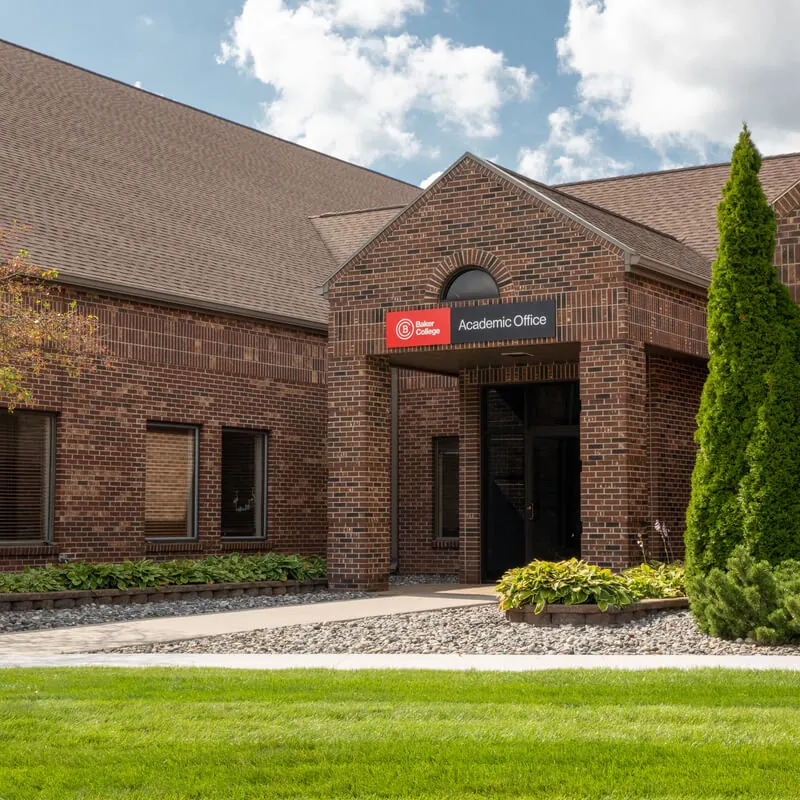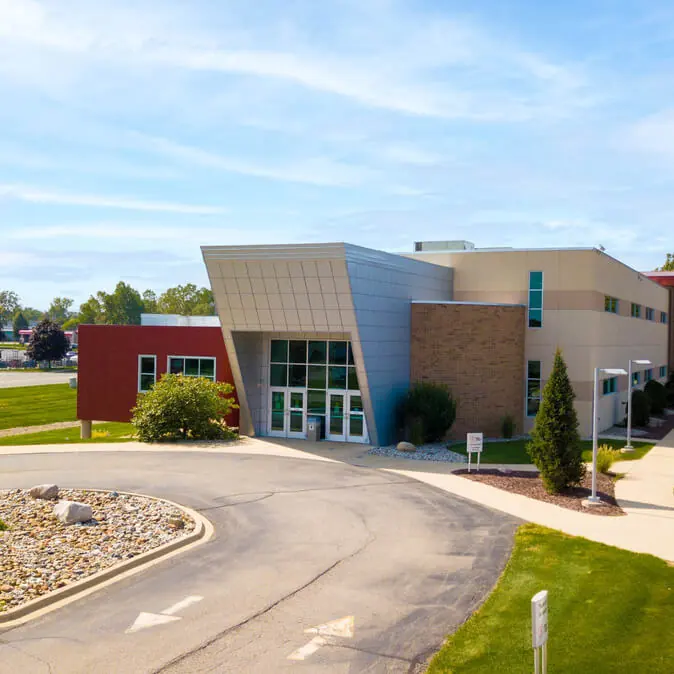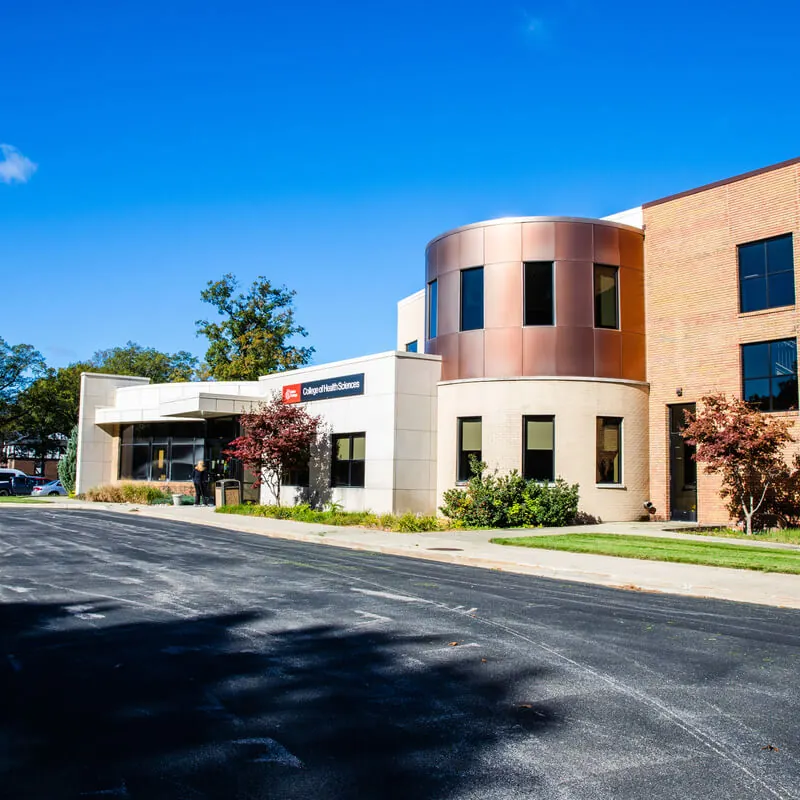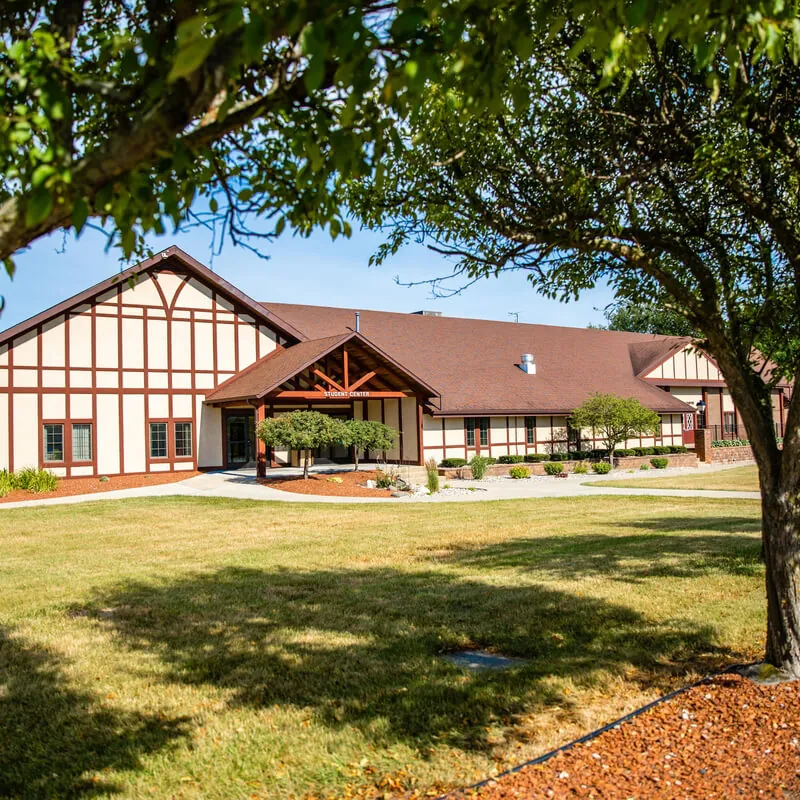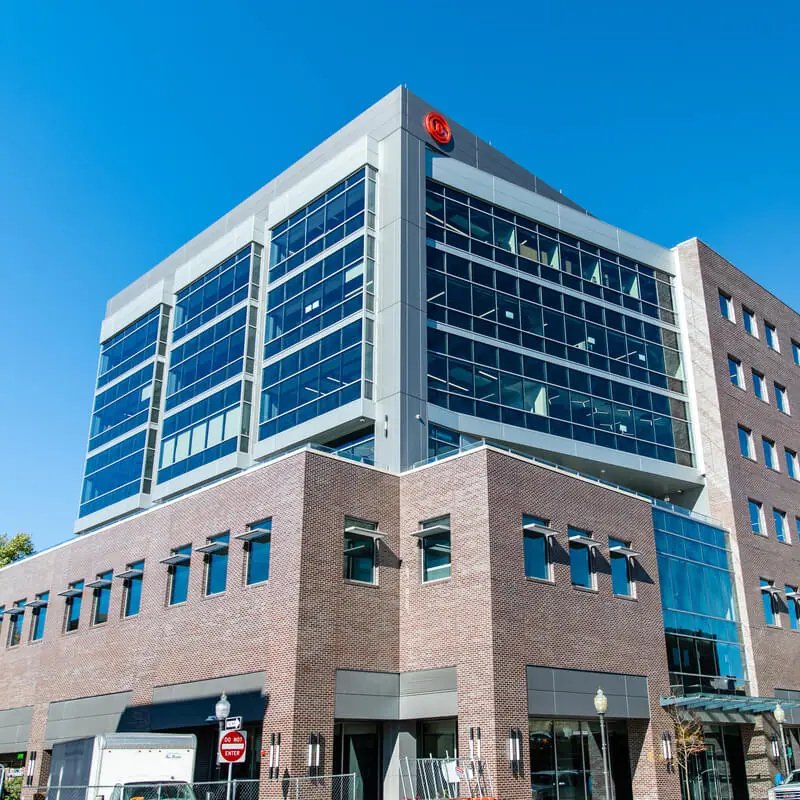General Studies Associate Degree Program Highlights
A brighter future begins here.
The associate’s in general studies is designed for students who have an interest in gaining a foundational skill set of information to meet transfer requirements at a college/university in the state of Michigan.
Additionally, the associate’s degree in general studies offers a wide range of science-based elective credits designed to support students pursuing health science pathways. These courses can fulfill science requirements for health science certificate programs, help students apply previously earned credits toward a designated health science major, or meet prerequisite requirements for bachelor’s-level health science degrees.
- Study a wide range of subjects, including math, science, communications, and human relations.
- This general studies degree also allows students to pursue Baker College’s bachelor’s degree in general studies.
- With the associate’s in general studies, you’ll gain a better understanding of the world around you and build valuable skills that will serve you well in every area of your life.
Learn Your Way
General Studies courses are taught at the Cadillac, Jackson, Muskegon, Owosso and Royal Oak campuses as well as online. Plus, general education and prerequisite courses are typically available online and on all campuses throughout Michigan.
Learn MoreWhy Earn a General Studies Associate Degree?
Our associate in general studies provides opportunities to develop valuable, lifelong skills in oral and written communication, critical thinking, problem solving, evaluation, analysis, and synthesis. The general studies associate degree offers a curriculum to establish a core of knowledge, which can lead to many different careers or lay the groundwork for further studies and specialization.
Associate in General Studies Curriculum
The Baker College Associate Degree in General Studies is a 2-year program consisting of 60 credit hours. Our curriculum includes college composition, statistics and a senior capstone.
Sample Courses
Composition and Critical Thinking I
Quantitative Reasoning
Self and Society
General Studies - MTA Track Curriculum
General Studies Courses Available Anywhere
This associate's degree in general studies is offered in-person on our campuses in Cadillac, Jackson, Muskegon, Owosso, and Port Huron. Baker College online programs are available to students across the country. In Michigan our students come from Ann Arbor, Auburn Hills, Cadillac, Dearborn, Detroit, Flint, Grand Rapids, Jackson, Lansing, Kalamazoo, Muskegon, Owosso, Traverse City, and many other locations. Beyond Michigan, our online graduates hail from Ohio, Indiana, Illinois, and other states.
On Campus Available
View campus locationsAvailable on Baker Online
Courses for this degree program are available through Baker Online.
100% online, this format offers flexible scheduling with 8-week semesters
Baker OnlineUnavailable on Online Live
Core courses for this degree program are not offered through Online Live.
For those interested, a selection of general education and prerequisite courses are available through Online Live each semester.
Online Live

